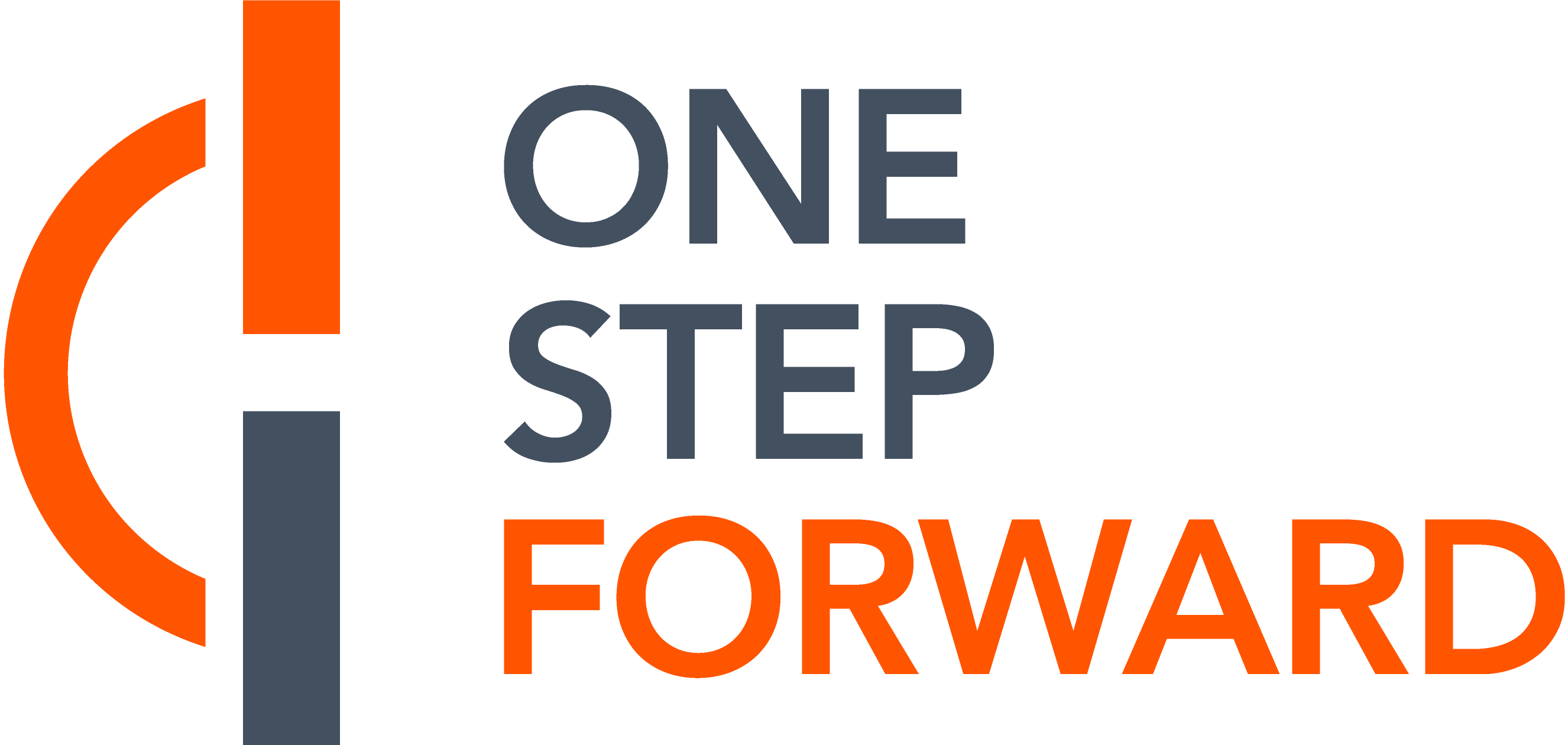Episode notes
This is a wrap-up episode, and it’s a bit different in two ways.
The first is that we’ve switched sides of the microphone. We’ve handed over interviewing duties to Sam Meikle — a social entrepreneur who works on humanity in health and social care.
Conversely, the usual host becomes the subject. We talk a bit about Ian’s formative experiences in the development and conflict management sectors, big-picture challenges that he keeps bumping into, and why oral history felt like a meaningful contribution at this point in time.
The second difference is that we talk more directly about *why* these stories matter. What do they tell us about who “we” are in public service, and how does this differ from the picture we usually get?
What does this have to do with big-picture challenges in international cooperation? What does lived experience contribute to change on issues like anti-racism, and structural gaps and blind spots?
In closing — we sincerely hope that you’ve enjoyed this series, and gotten something new from it. Please keep in touch.
Topics discussed:
[03:40] Dealing with some rather strange ideas about what he does for a living.
[07:05] Early days in western Sydney, Australia. A conviction that mass atrocities and injustices were somehow “un-ignorable”.
[14:00] Finding entry points into public service when there were few obvious channels. Highs & lows of an early experience at the International Criminal Tribunal for Rwanda.
[20:20] Working amidst a downward spiral of mistrust and violence in Sri Lanka. Some harsh early lessons on the limits of international engagement.
[23:05] Getting “off the dance floor” to think hard about your share of the work, and not getting stuck in the same mistakes and dysfunctional patterns.
[27:40] The paradox of public service. Struggles in the sector around self-identity and self-worth, and whether people can thrive in a structurally dysfunctional setting.
[35:30] Moving beyond individual “impact” (and a saviour complex). Other ways of thinking about contribution & worth in international public service.
[43:10] The dark side of tight-knit professional communities. The perils of an insider-outsider culture.
[48:30] Why an oral history series, and why now. Stories that are inherently worth capturing. Finding collective answers to structural problems.
[1:00:00] Finding the right stories. Developing a platform gives people space to speak for themselves, and otherwise stays out of the way.
[1:07:50] The mechanics of making the thing. Avoiding the usual suspects. A brief diatribe on the professional “talking heads” of the development / human rights sectors.
[1:16:50] Searching for a “third space” for conversations about public service. Finding stories that are a truer picture of who “we” are, rather than the usual suspects.
[1:21:15] A closing thought, and an invitation to listeners.
